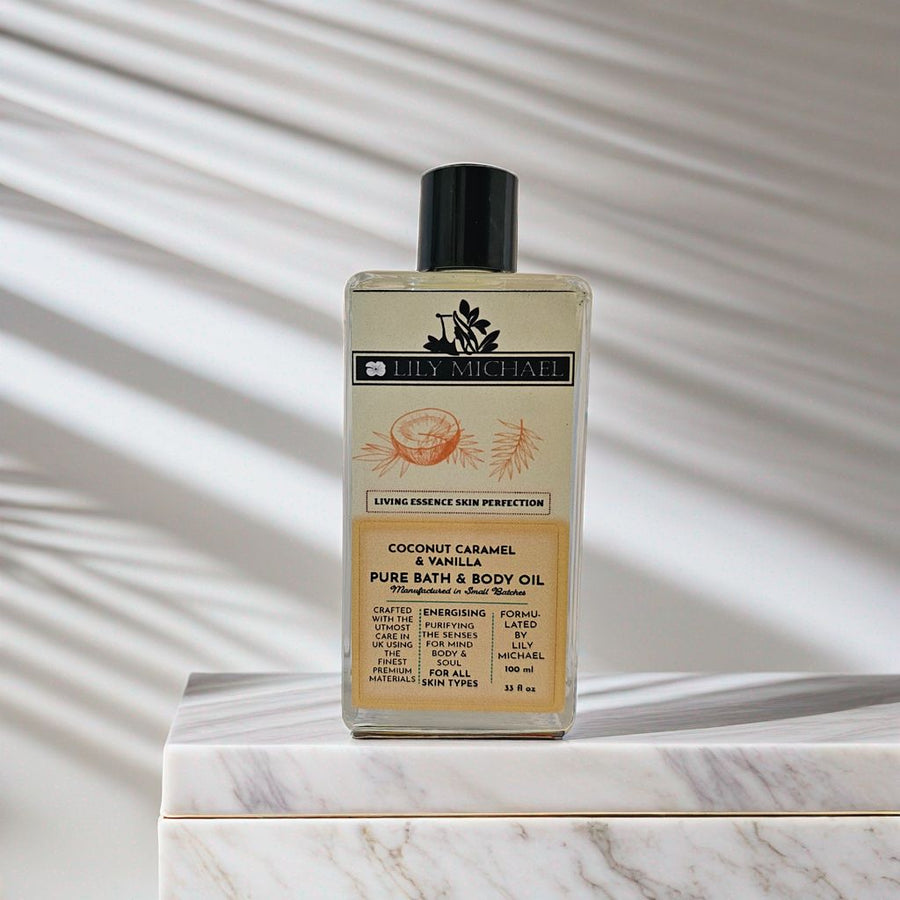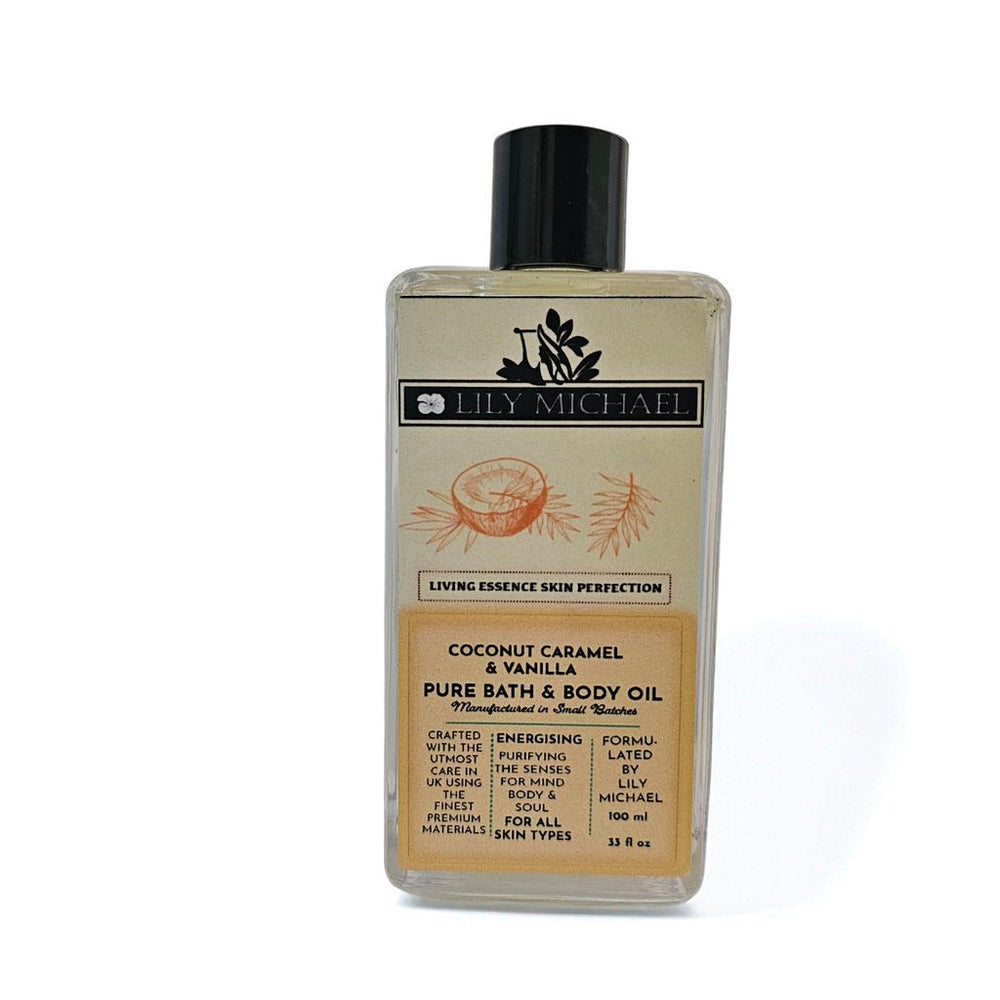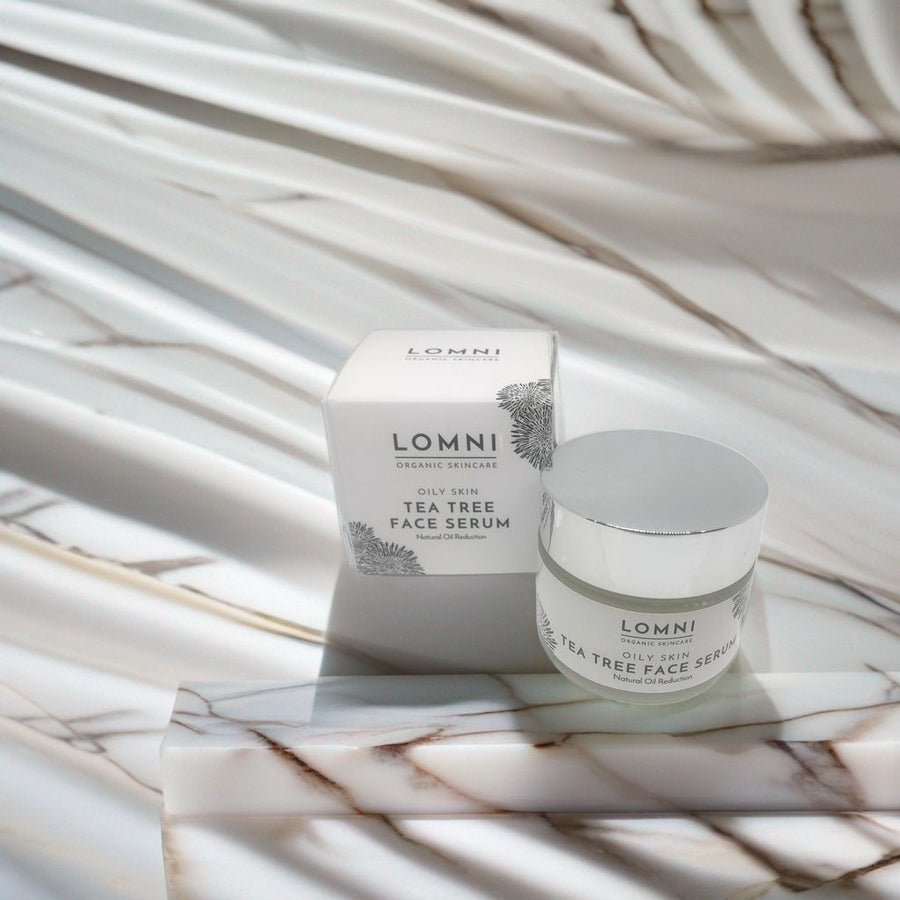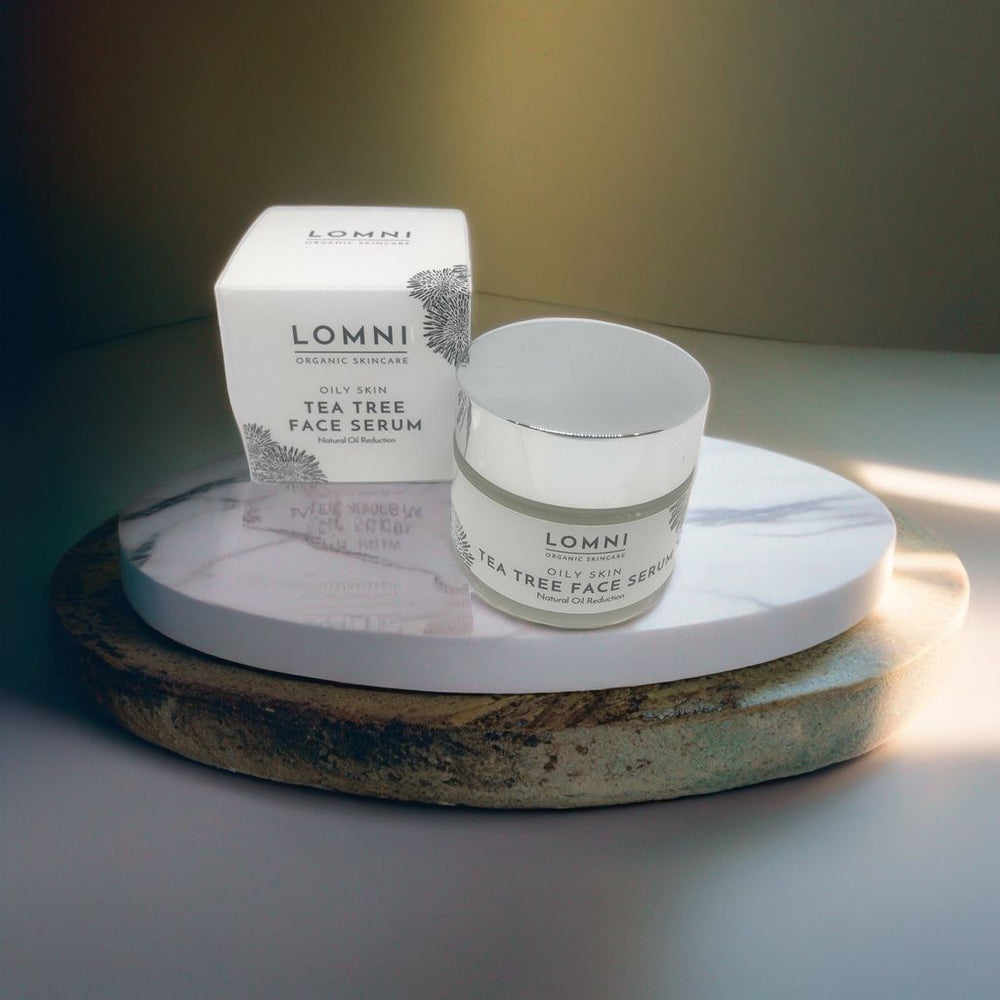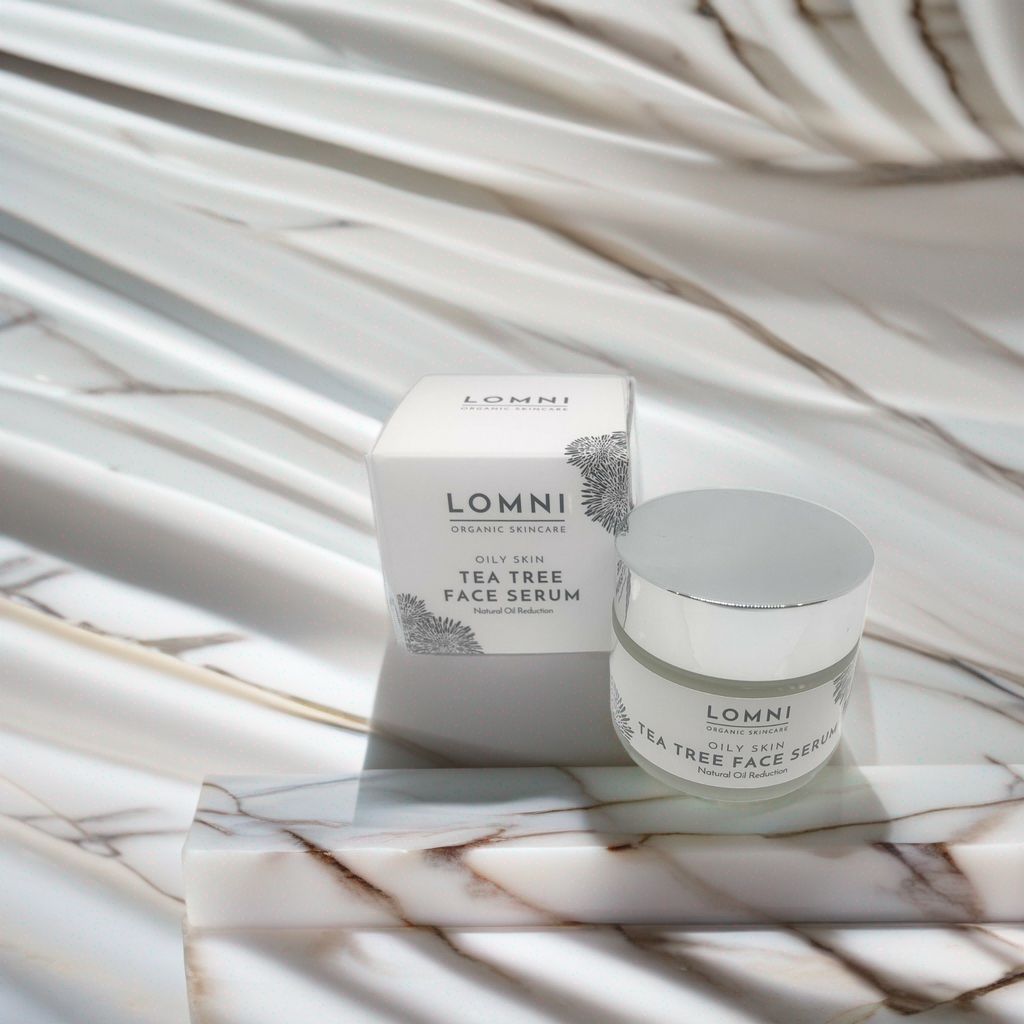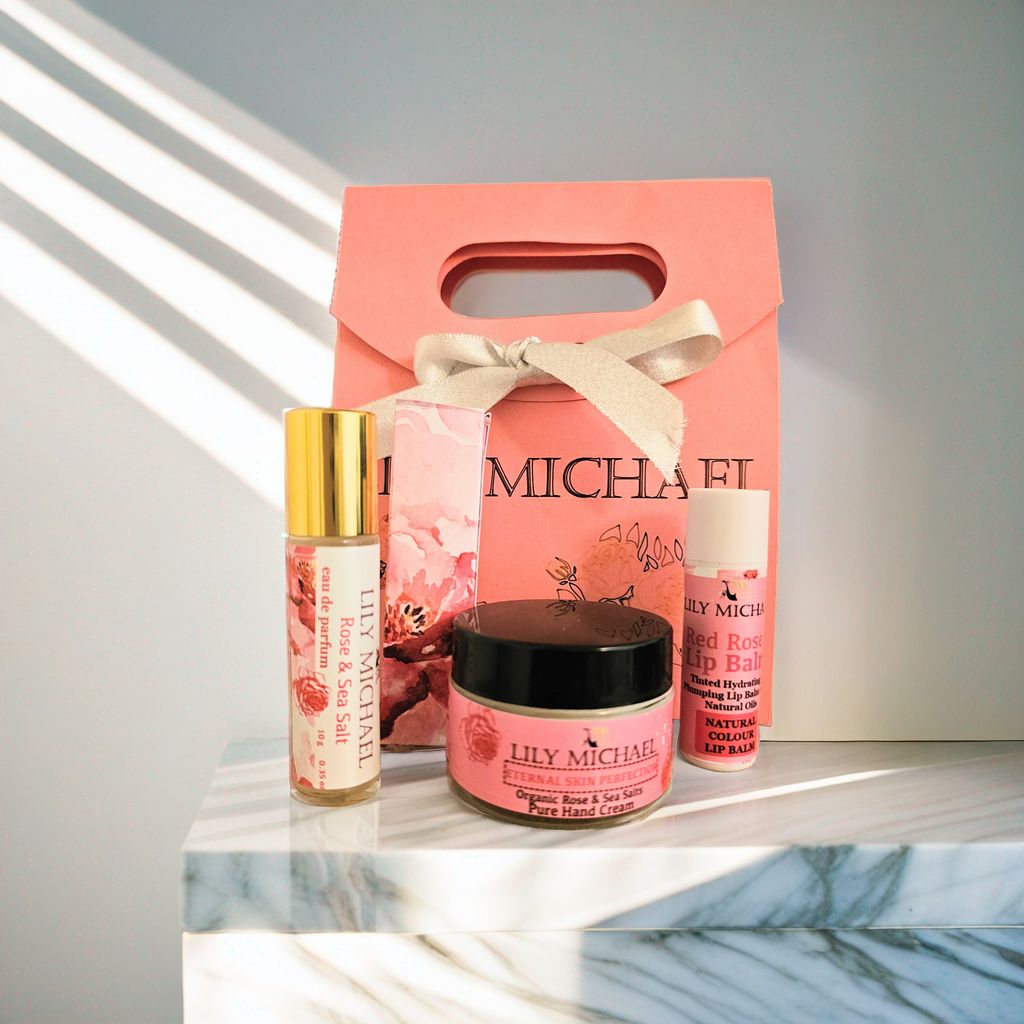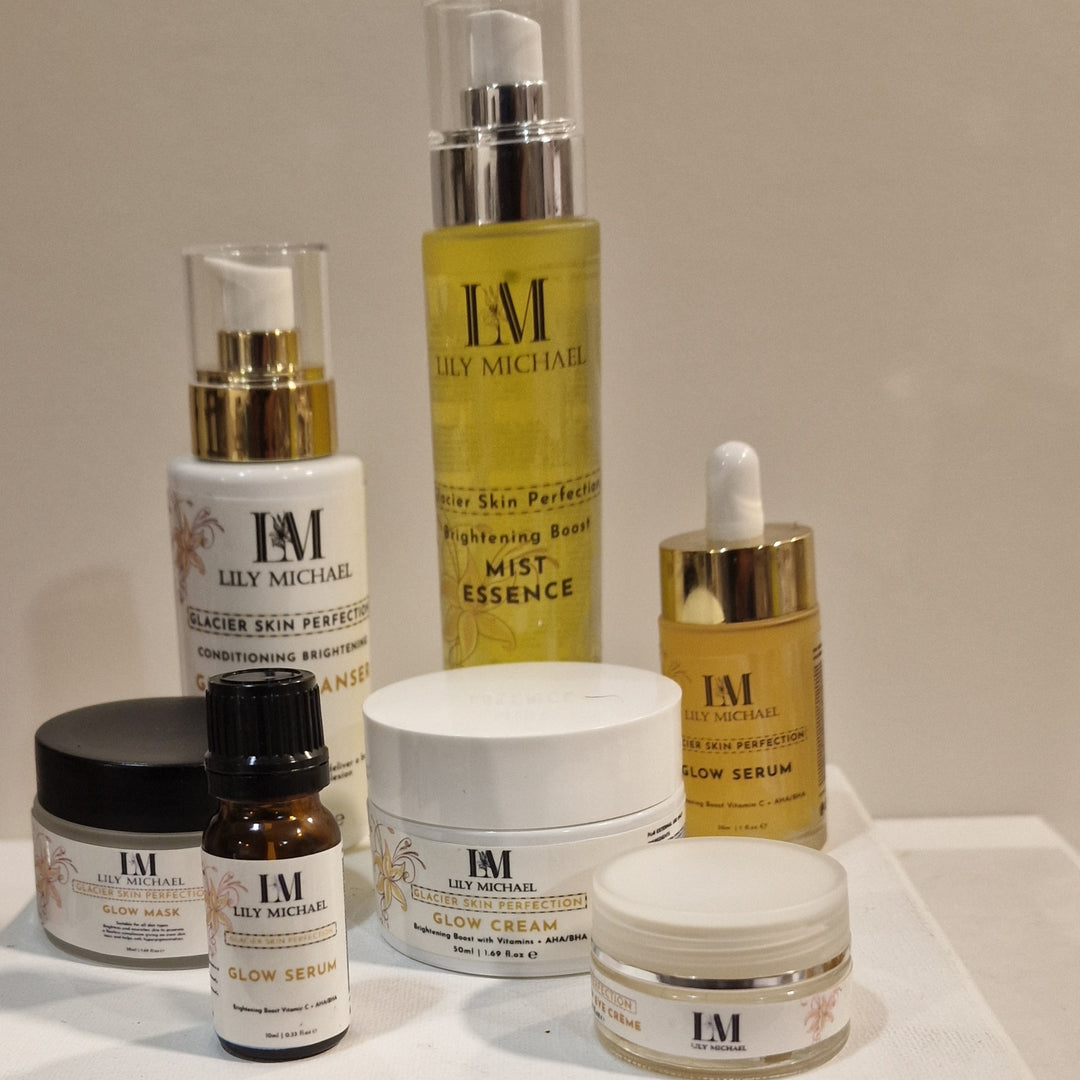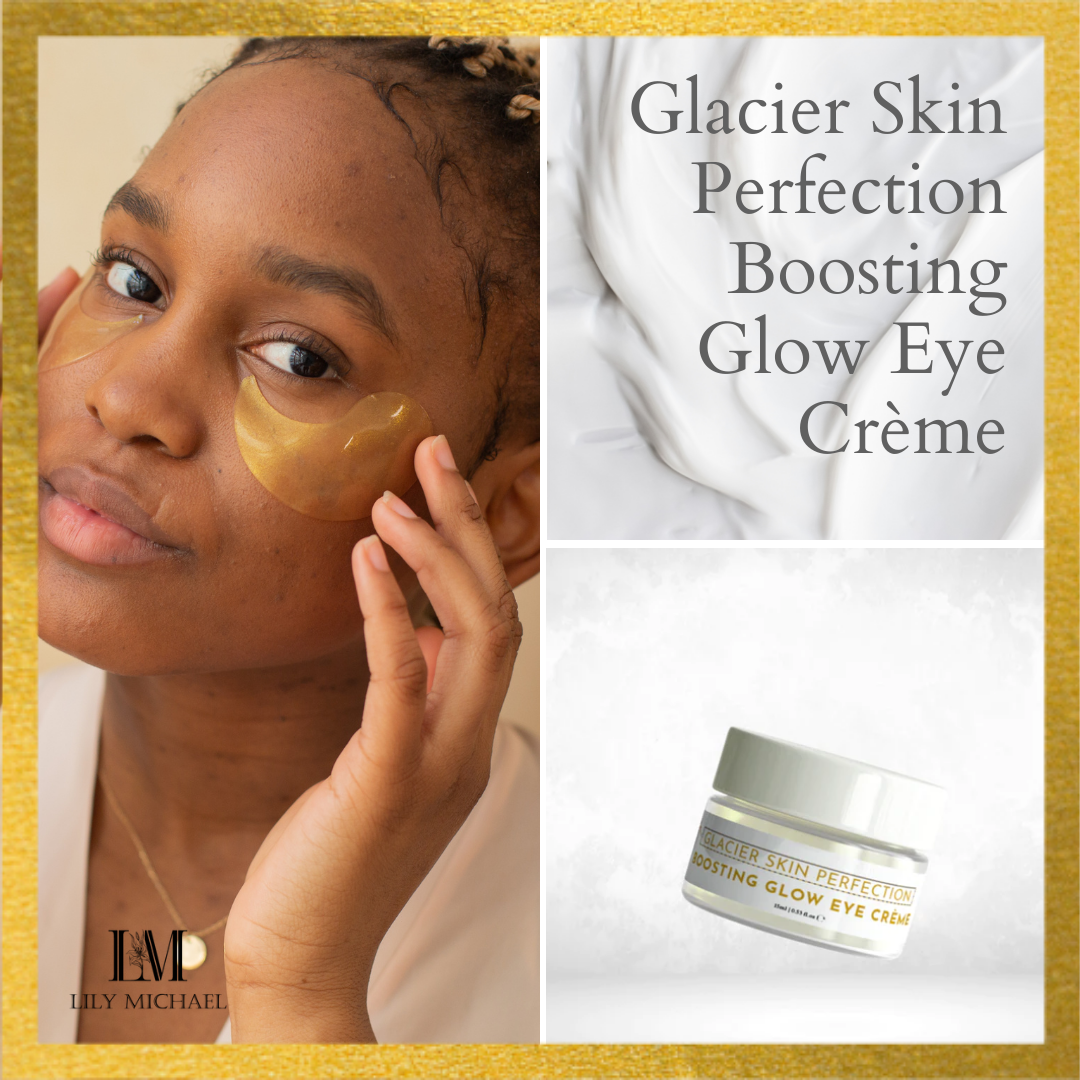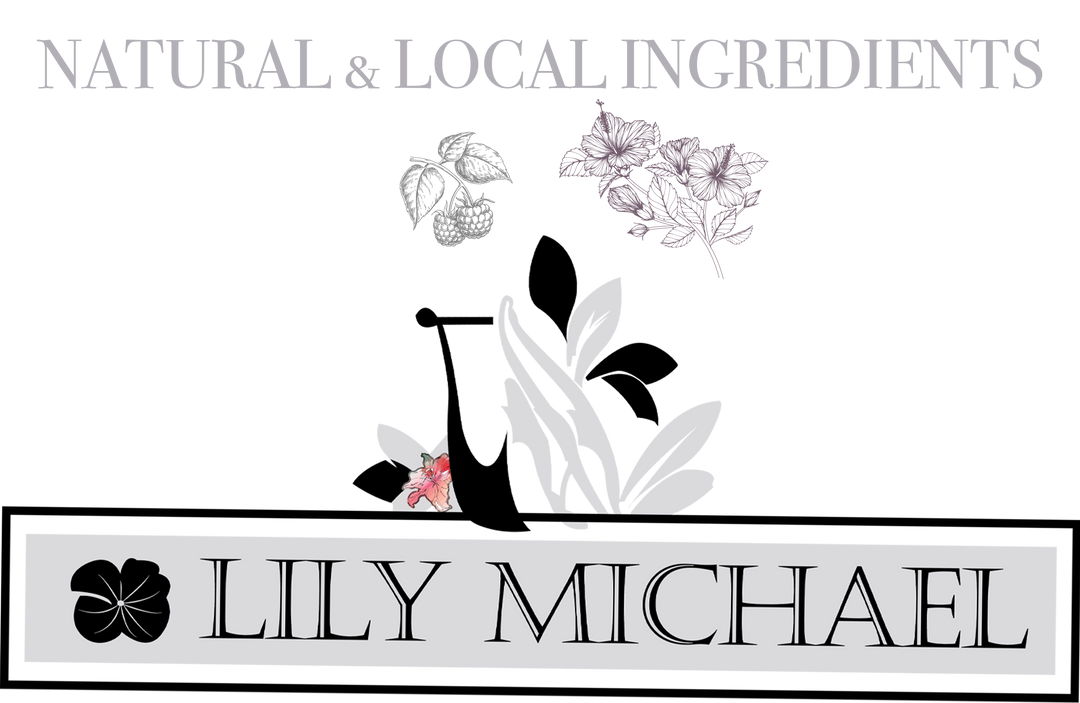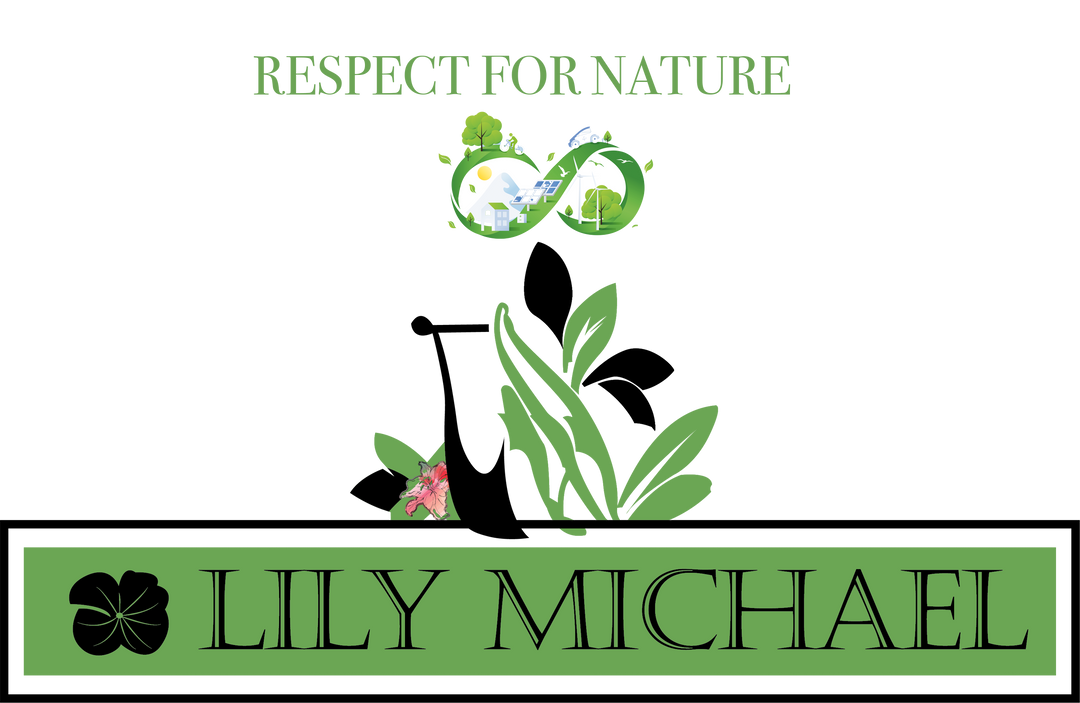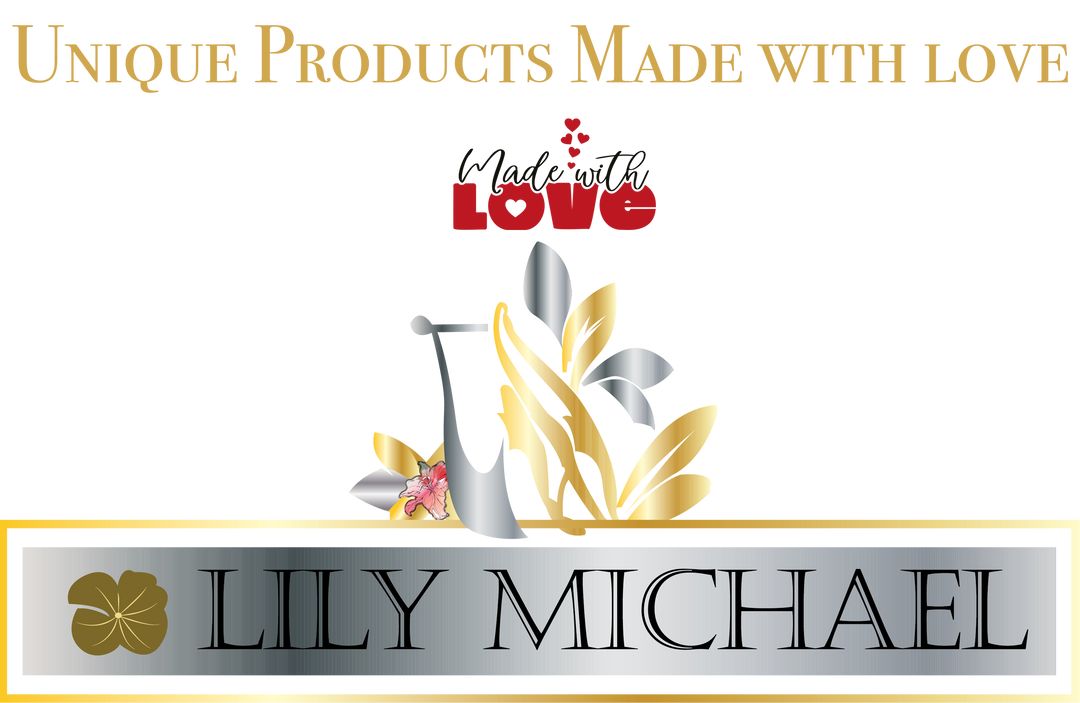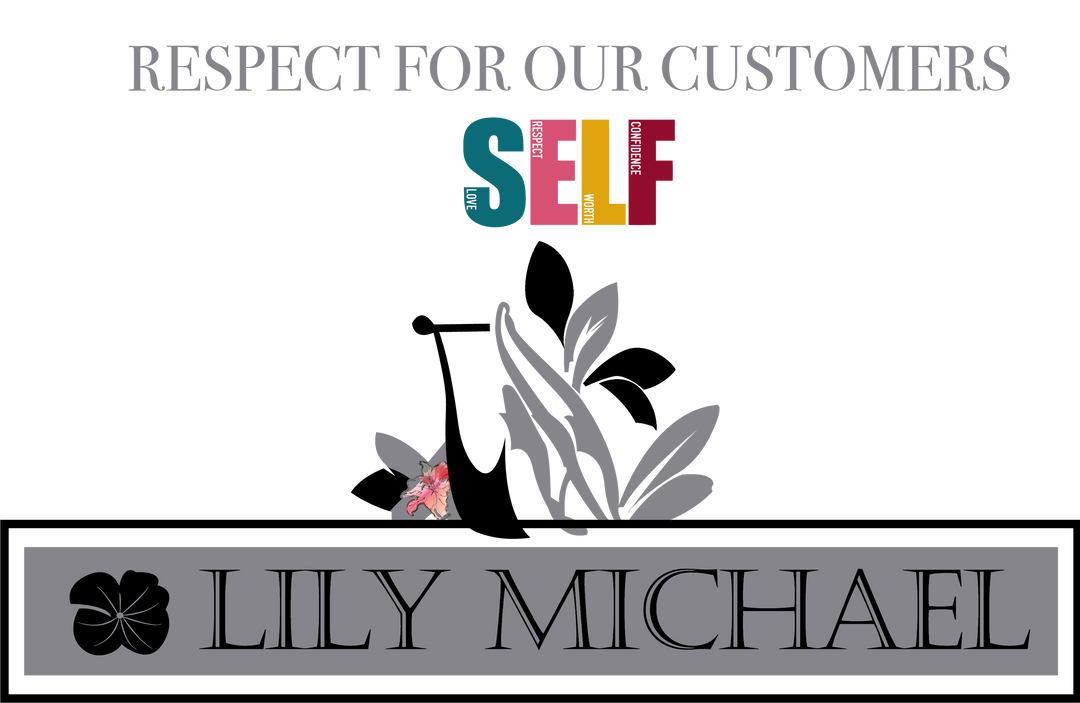Baobab Oil for Skin
Even if you haven’t heard of baobab oil, you might recognise the tree it comes from. The baobab tree has a tall, thick trunk and looks like it’s upside down with its roots in the air.
This fruit tree grows in the southern countries of Africa, such as Malawi, Kenya, and Madagascar.
The scientific name for the baobab tree is Adansonia digitata. In Africa, people call it “the tree of life” and “pharmacy tree” because of its many uses, including for baobab oil.
Is baobab oil comedogenic?
No. Baobab oil has comedogenic rating of 2. This means that it won’t clog most people’s pores.
But if you have sensitive skin or oily skin, using oils like the baobab’s can cause clogged pores and other skin irritation.
Baobab seed oil benefits
Baobab oil is cold-pressed from seeds for various uses, from cooking to hair care to skin care.
Baobab oil is rich in omega-3 fatty acids and other fats, including:
- palmitic acid
- oleic acid
- linolenic acid
- linoleic acid
Clinical research shows that the omega-3 fatty acids in baobab oil have several health benefits for the skin. They can:
- moisturize
- help prevent water loss from the skin
- soften skin
- improve skin texture
- improve skin elasticity
- help repair the skin barrier
- help to heal skin faster
- reduce inflammation
In fact, linoleic acids and linolenic acids are some of the most commonly used fatty acids in skin care, cosmetics, and hair care around the world.
Baobab oil may also help to treat eczema. The omega-3 fatty acids in this oil may help heal the skin’s barrier and lock in moisture when it’s used as a topical skin treatment. This can help heal or soothe an eczema rash.
Baobab fruit and seed nutritional benefits
Baobab fruit pulp has 7 to 10 times more vitamin C than an orange. Both the fruit and seeds also contain several other essential minerals and vitamins, like:
- calcium
- iron
- vitamin B
- potassium
- magnesium
- phosphorus
- manganese
Benefits of Baobab Oil for Skin & Hair
Highly Moisturizing:
Baobab oil is incredibly moisturizing for the skin, containing naturally-occurring fatty acids with nourishing properties that can help to retain moisture and keep skin hydrated. As such, it’s one of the best oils for those with dry or sensitive skin.
2. Anti-Aging Effects:
The high concentration of antioxidants and omega fatty acids helps to protect your skin from free radical damage, reduce signs of aging like wrinkles and fine lines, and even out your complexion.
3. Natural Sun Protection:
The antioxidant levels in baobab oil may provide natural protection from the sun’s harmful UV rays and should be used together with regular sunscreen use to get maximum protection against sunburns, discoloration, and other long-term damage.
4. Non-Greasy Feel:
Unlike many heavy oils often used in skincare, such as coconut oil or olive oil, baobab oil has a lightweight texture that won’t leave you feeling greasy or oily after application. This makes it ideal for most skin types as it absorbs quickly without leaving any residue behind.
5. Improves Skin Conditions:
Baobab oil can also help soothe chronic conditions like eczema and psoriasis due to its anti-inflammatory properties which help to reduce redness and irritation in the affected areas of your skin. Additionally its nutrients can help promote wound healing speedily by providing moisture assistance during times of inflammation recovery.
6. Hydrating Lip Care:
Being a deeply nourishing yet non-greasy formula makes baobab an excellent choice when looking for moisturizing lip care products like lip balms with natural ingredients for keeping lips hydrated throughout the day!
7. Boosts Skin Healing Process:
As mentioned previously, due to its anti-inflammatory and healing properties this ingredient can assist in regenerating new cells while speeding up healing time due to any issues like insect bites or minor cuts that may have occurred recently on your skin!
Uses of baobab tree
In areas where the baobab tree grows, local people use every part of the tree. The fruit, leaves, seeds, and oil processed from the seeds are used in nutritional supplements, food, and skin care.




